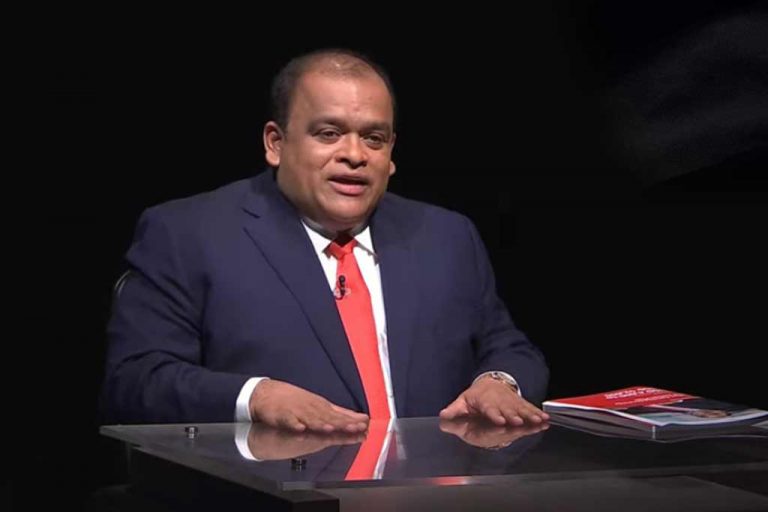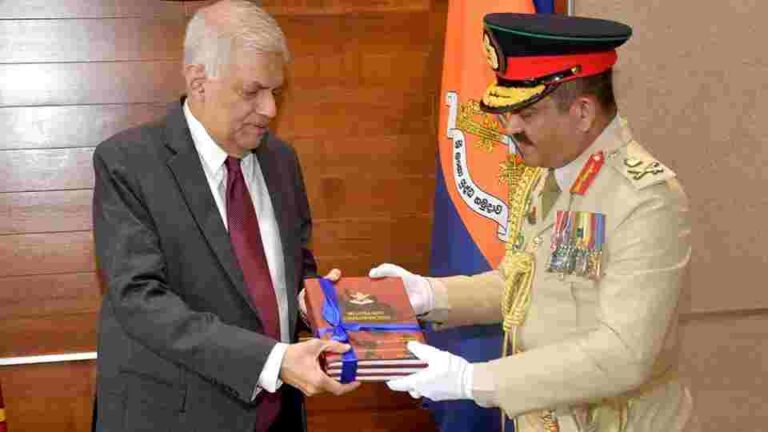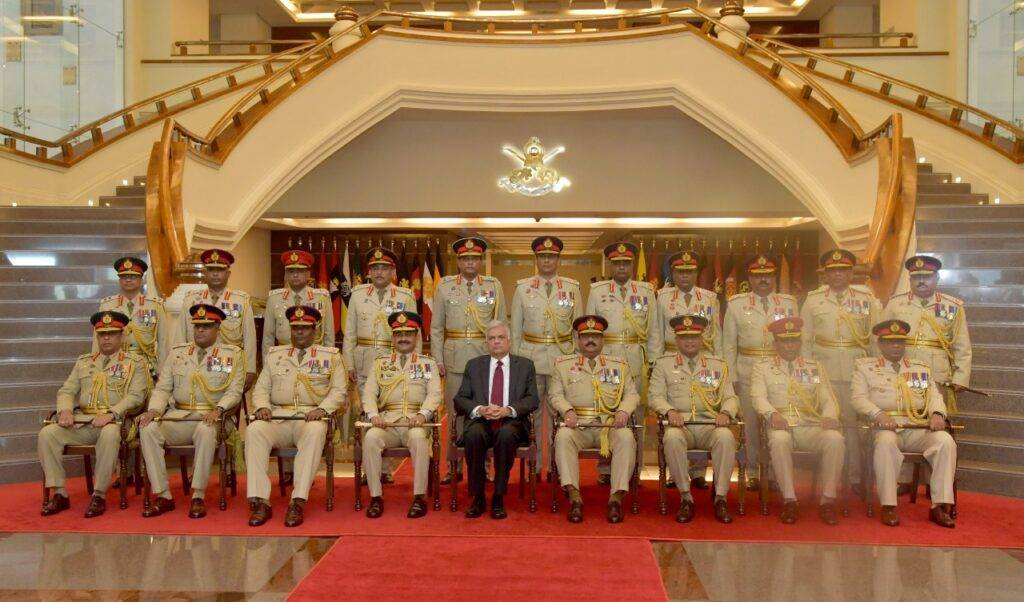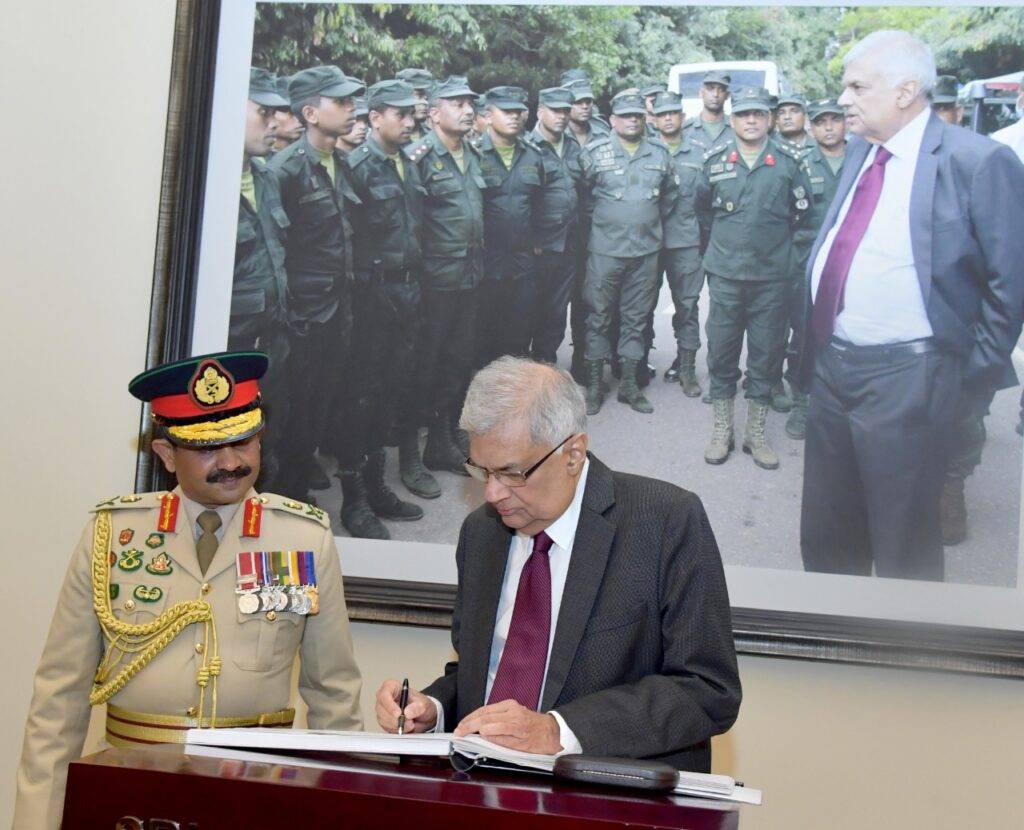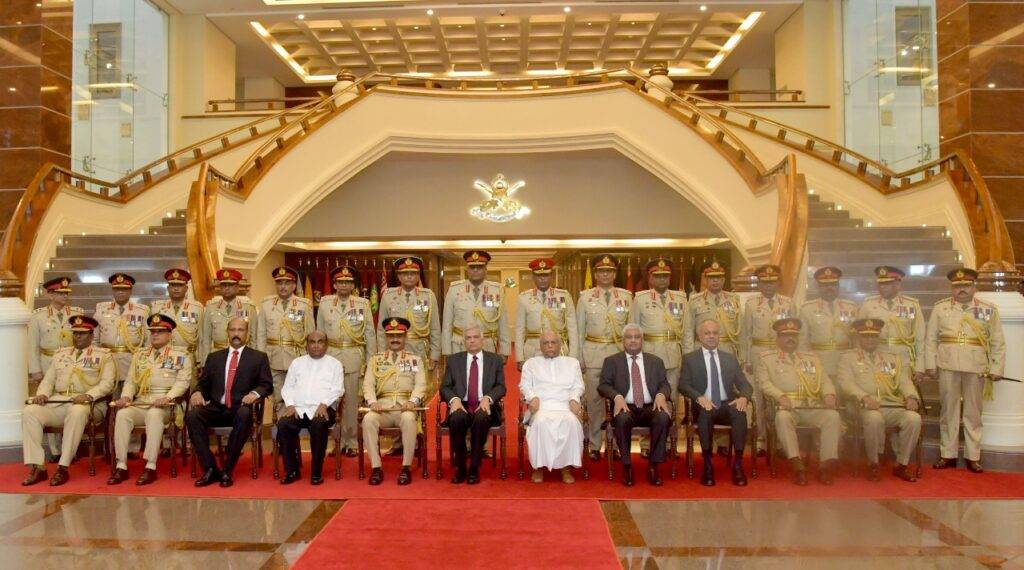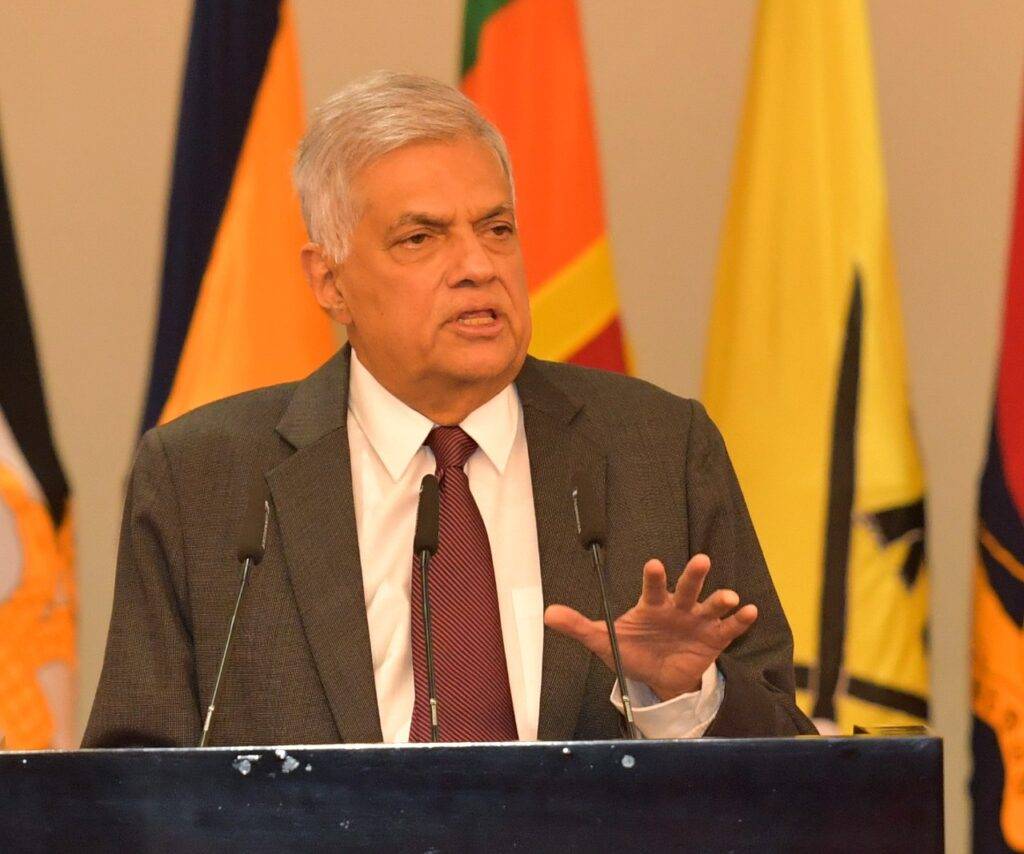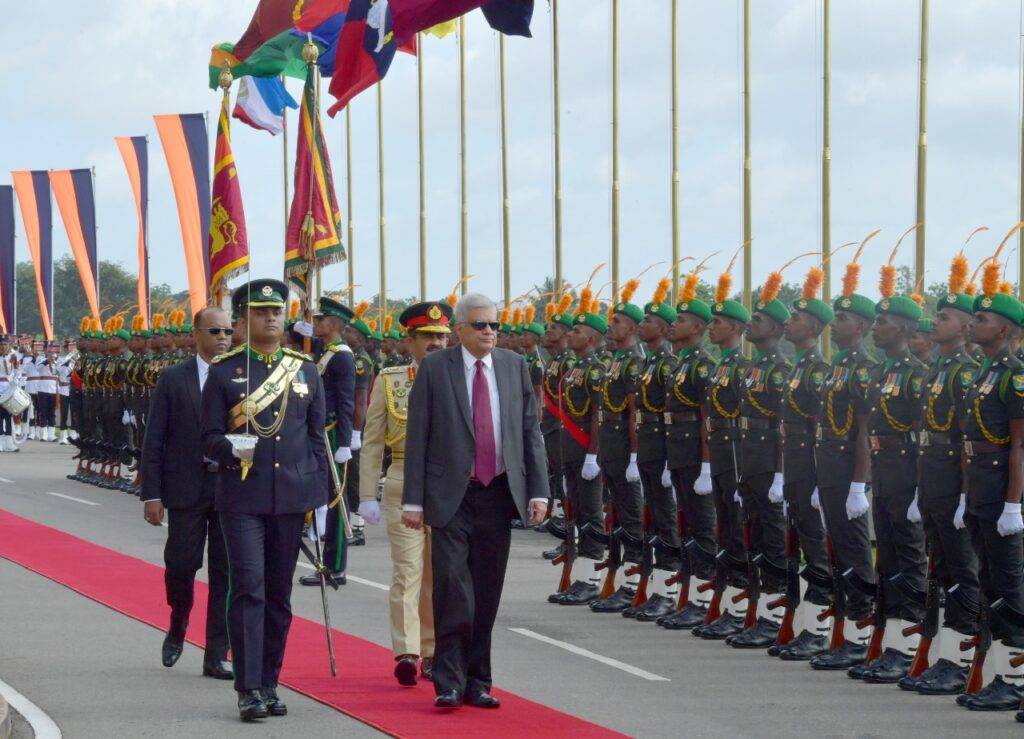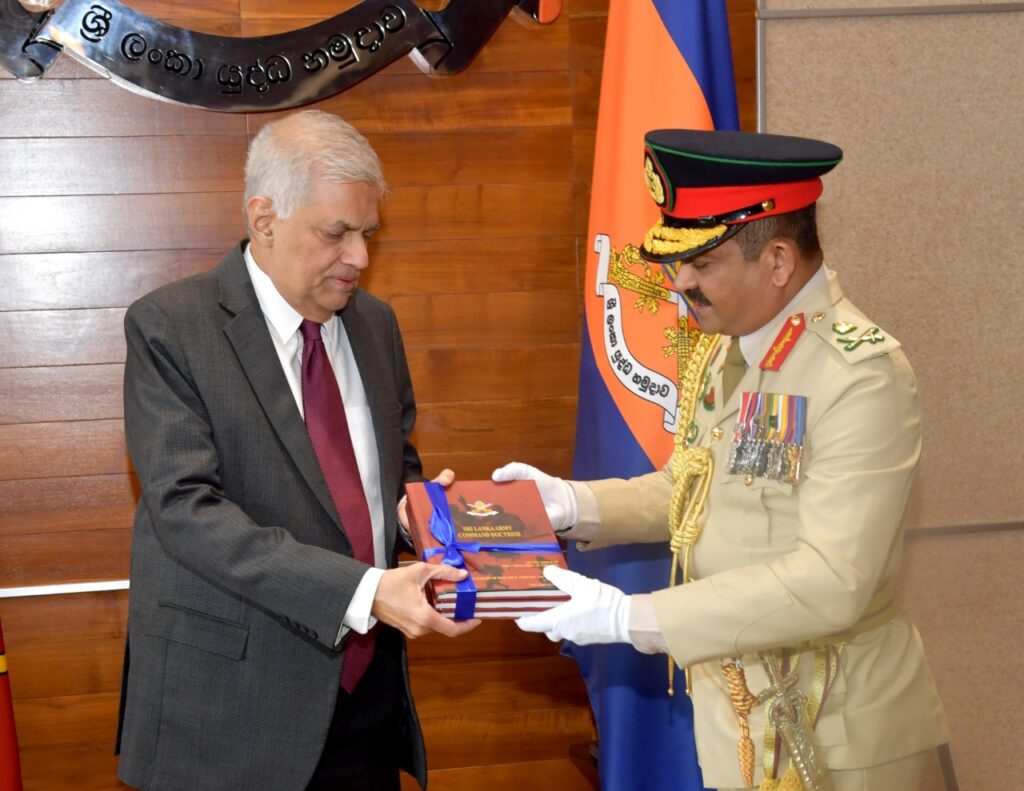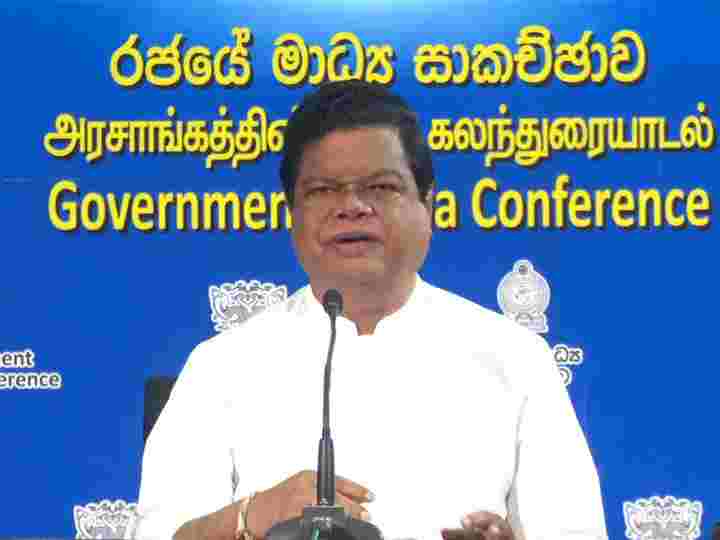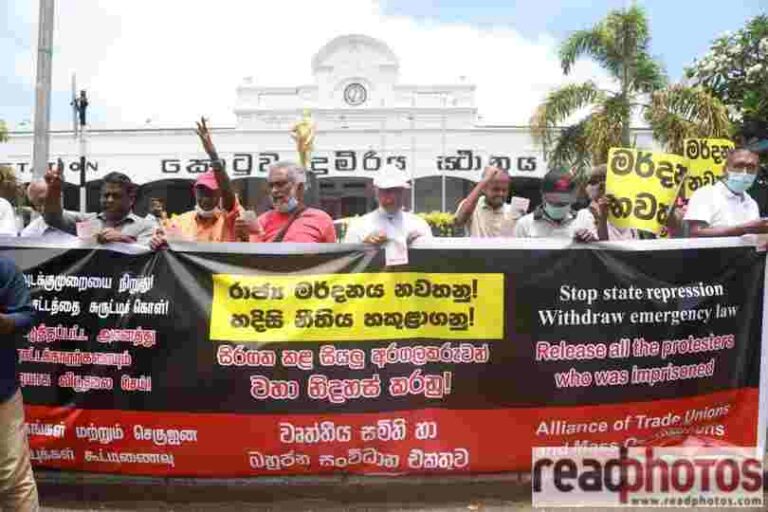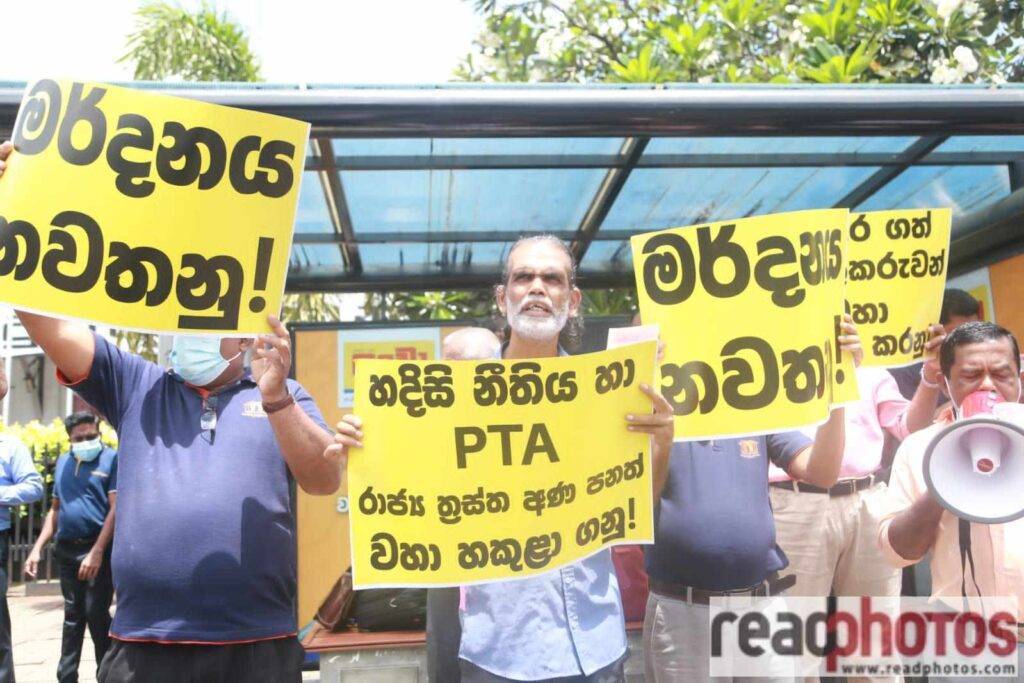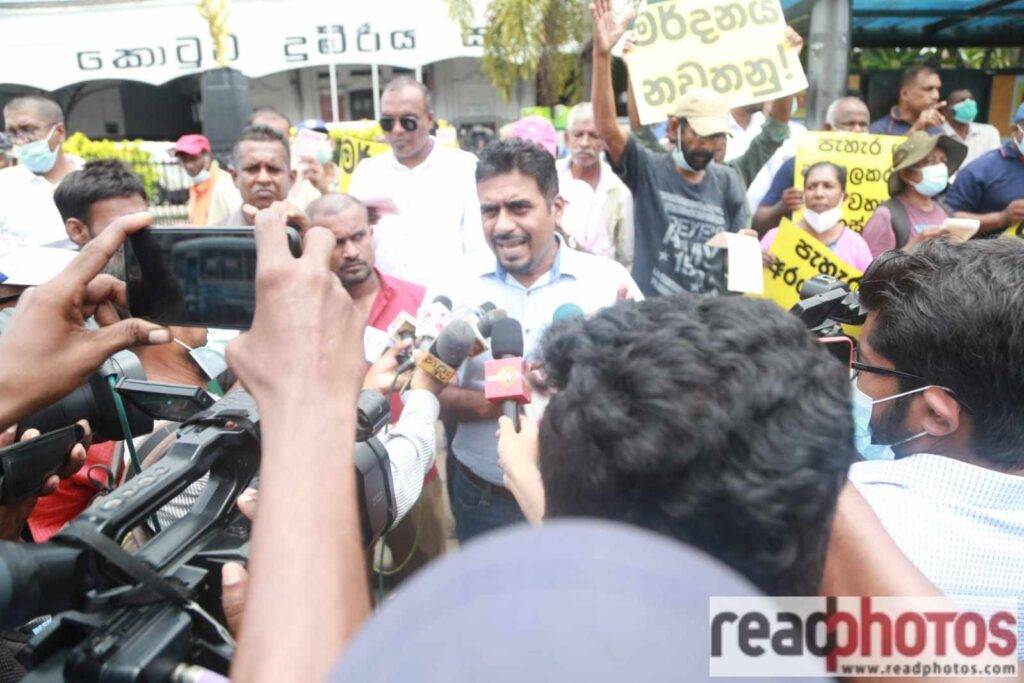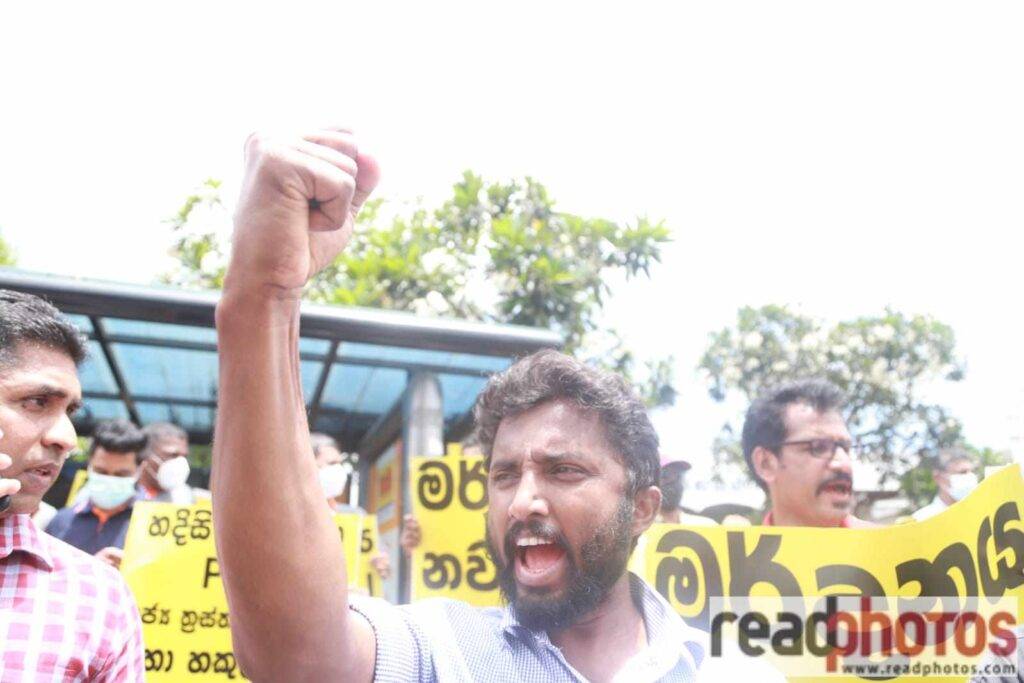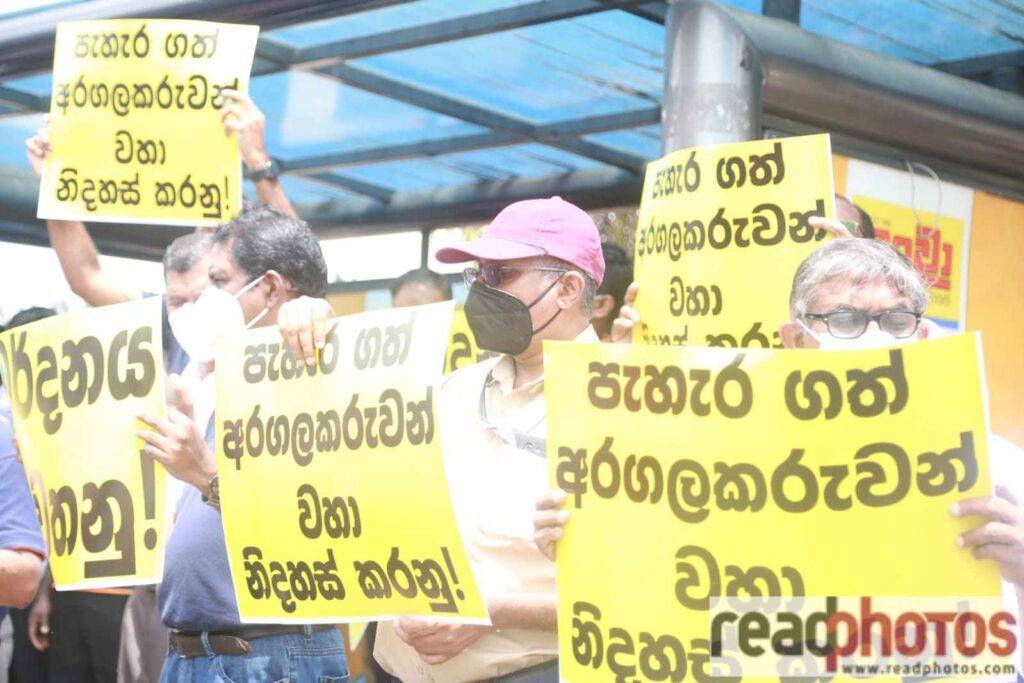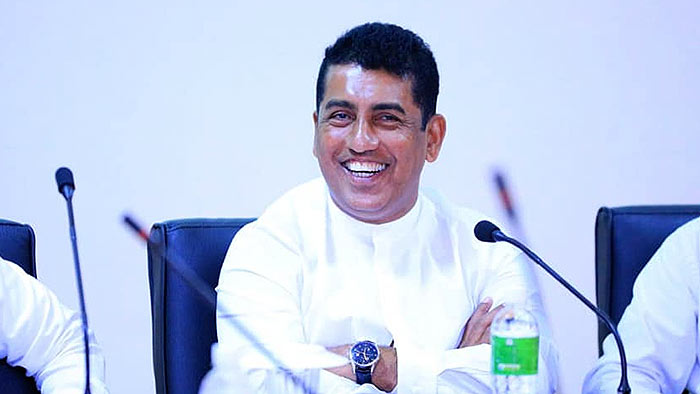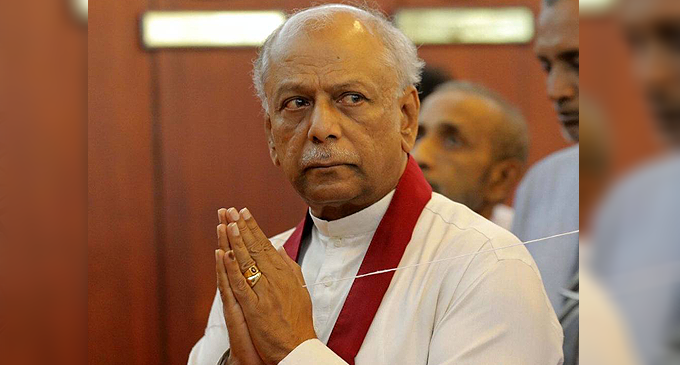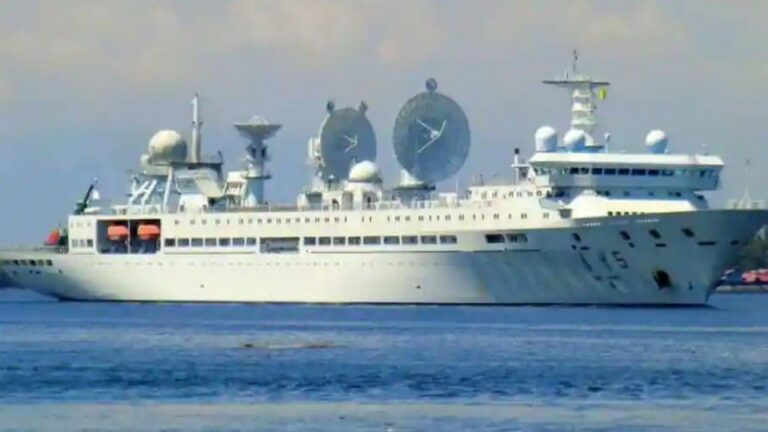The standard law of Sri Lanka cannot be applied to acts of sabotage or destruction of property in Parliament, and MPs cannot be brought before the Judiciary and questioned over matters of such, said Cabinet Spokesman Bandula Gunawardena, speaking to the briefing held in announcing the Cabinet decisions today (09).
The investigations regarding property damage in Parliament should be carried out via the Parliament mechanism itself and the Speaker has all the relevant powers, the Cabinet Spokesman pointed out, responding to media queries regarding the arrest of anti-government protesters across the country under the Public Property Act.
He added that the Speaker can be questioned, has he not taken any measures to address such an event in Parliament.
A number of protesters accused of involvement in causing damages to the properties in the Presidential Secretariat, the President’s House and Temple Trees, which in a historic move were acquired by the anti-government protesters on July 09, were arrested by the Police, and investigations are underway to arrest many others.
The Cabinet Spokesman added that the arresting of protesters under the Public Property Act is being carried out legitimately, but the law does not apply to events of the same nature in Parliament.
MIAP


